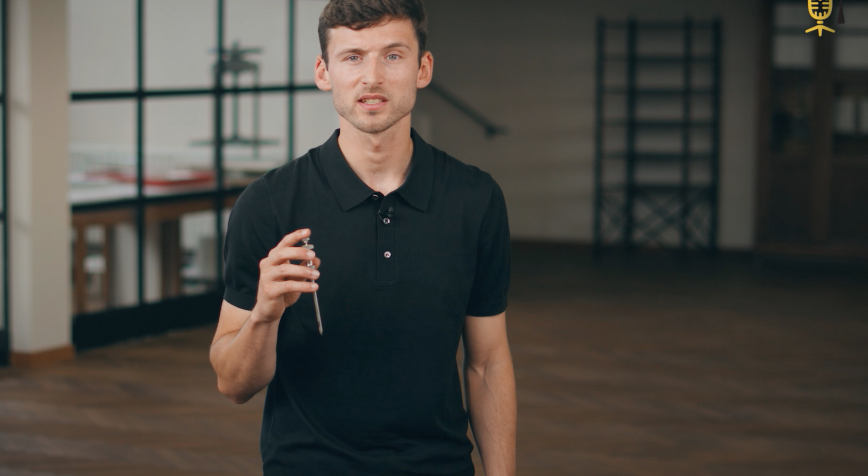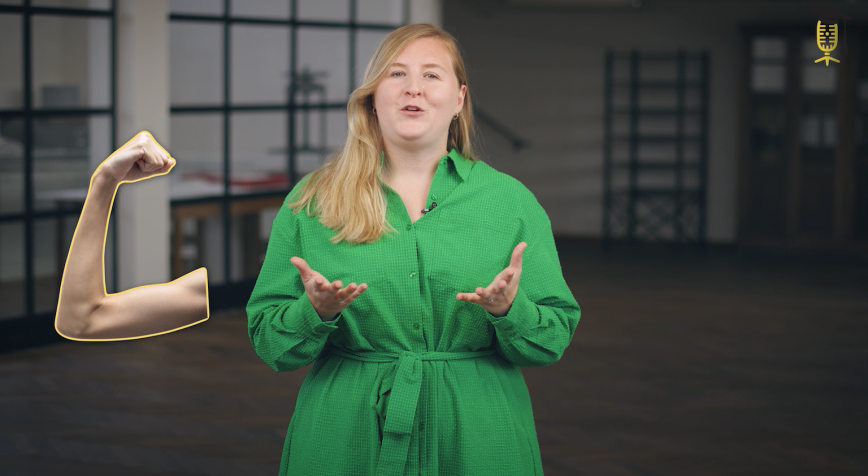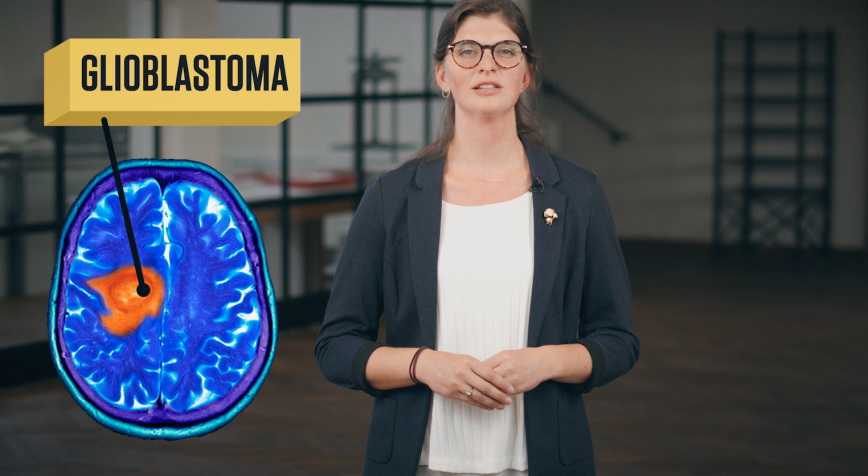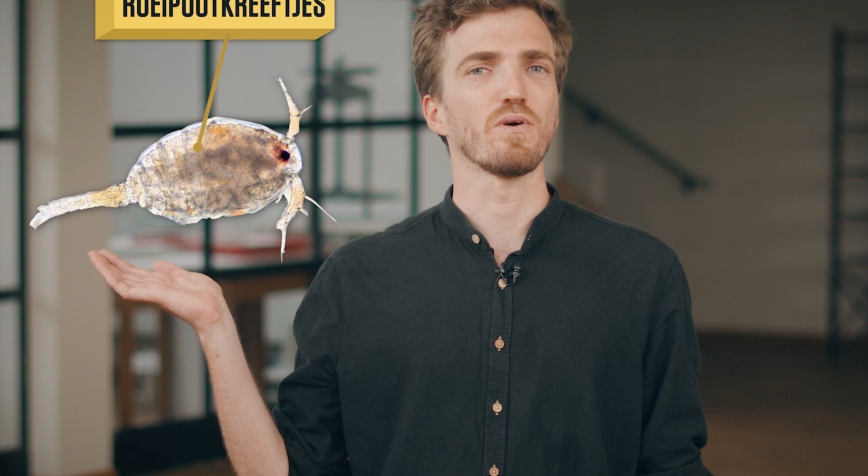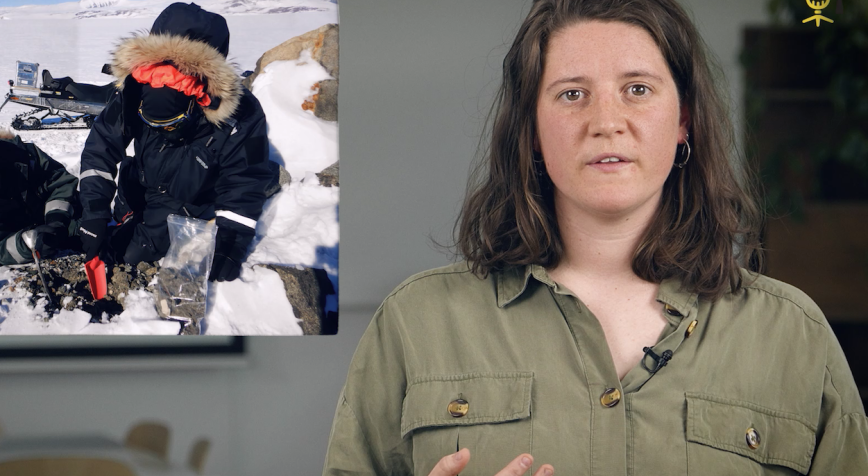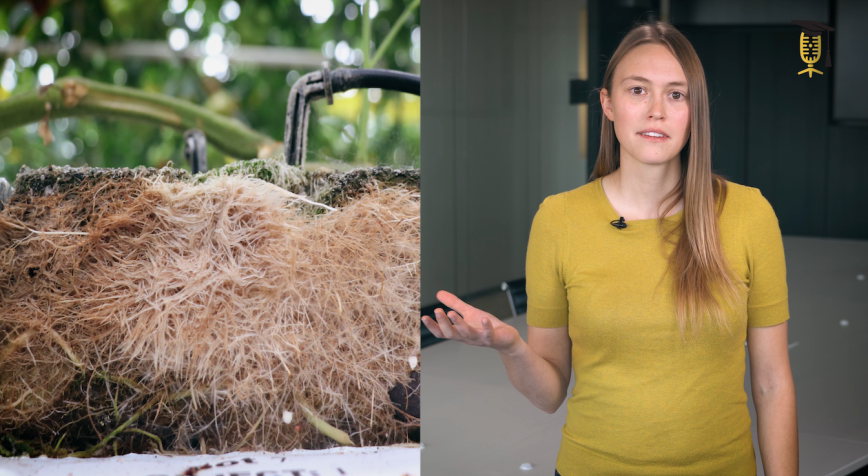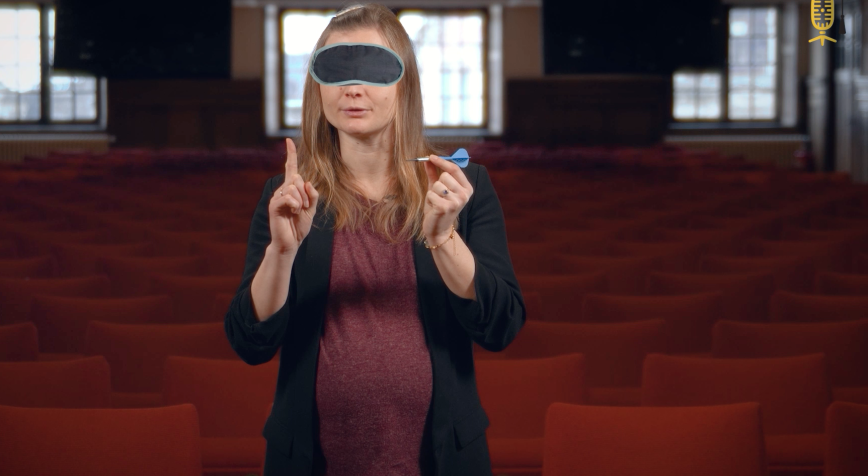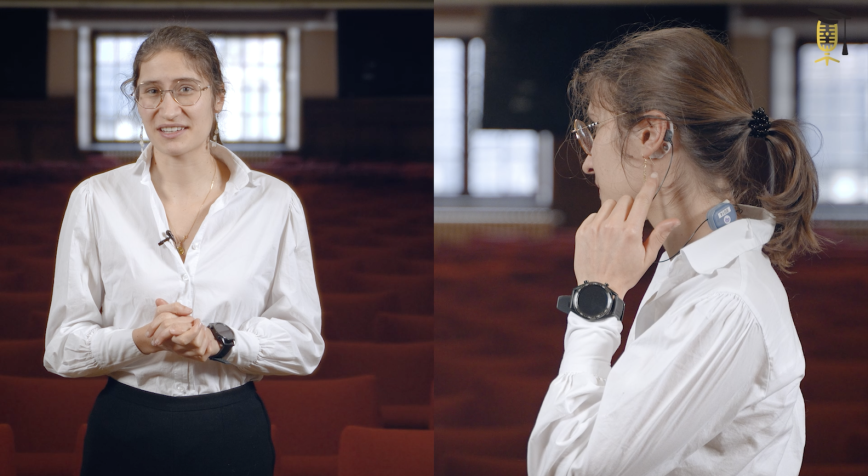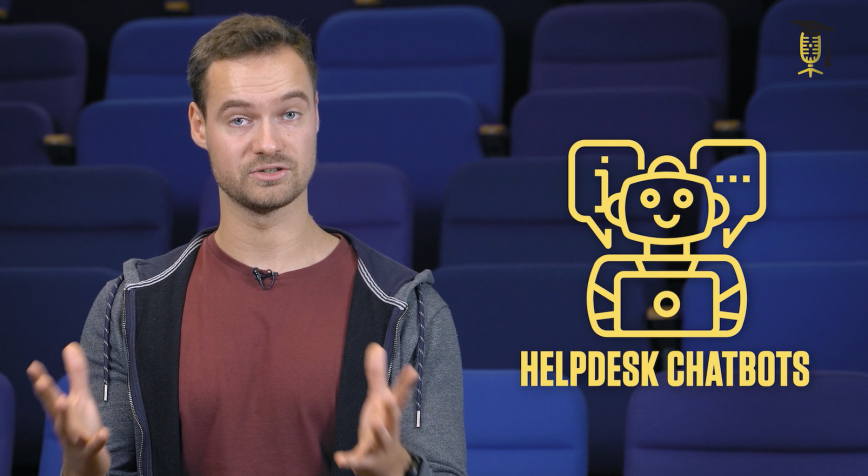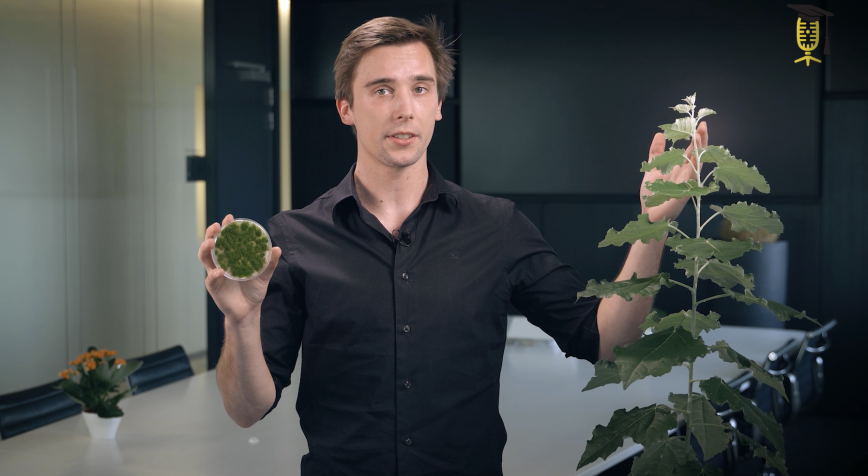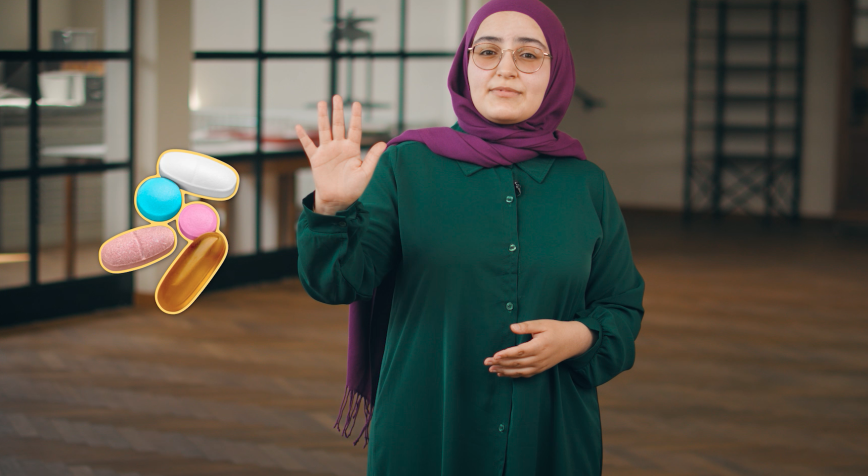
UGent
How to manage drug use in older adults with atrial fibrillation
More than half of the older population has to take at least five medicines a day. This often leads to mistakes, for example medicines interacting badly, increasing the risk of falls, hospitalisation, or even death. The key is medication optimisation: doctors should review medication intake, but unfortunately, they just don't have the time to do this for every patient. That is why Cheima Amrouch is working on a different approach.
